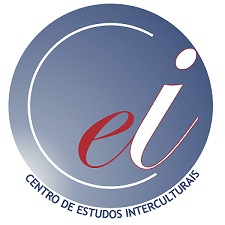
CEI researchers Laura Tallone, Marco Furtado, and Sara Pascoal will present the communication “Learning through sites of memory: approach to cultural tensions caused by dark tourism” at the IV Annual International Conference Un-Bordering Disciplinarity – Trans-/Cross-/Post-Disciplinary Approaches to Linguistic and Literary Research, May 19th and 20th, 2021, Spiru Haret University, Bucharest, Romania.
Abstract: Dark tourism has, over the last 20 years, attracted the attention of academics, but the phenomenon was not new. Morbid or macabre places of disasters and calamities have always fascinated visitors. Nevertheless, recently, the branding of cities and countries has been exploring dark tourism historic narratives to remold national identities. While most of the academic studies focus on tourist motivations, this article engages in an intercultural approach to this phenomenon. In the context of the Master in Intercultural Studies for Business (MaISB), teachers of the Curricular Units of French/German/Spanish Culture for Business propose a reflection on how torture, oppression and barbaric places have become tourist attractions, revisiting some examples of how meanings and memories of these places have been commodified to become cultural and heritage sites. In order to grasp the importance of these” lieux de mémoire”, the authors will first approach the case of Auschwitz and then suggest how dark tourism is now also replicated in the exploration of penal heritage in the French Guiana and its famous Bagne, and in ESMA, the site of a former Navy School which during the “Dirty War” of the military dictatorship between 1976 and 1983 served as the principal clandestine detention, torture and execution centre in Argentina. The entire issue revolves around finding out what kind of culture these barbaric places stand for as paradigmatic exemplary sites (Huberman, 2011:18).

